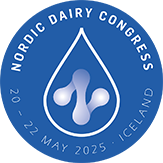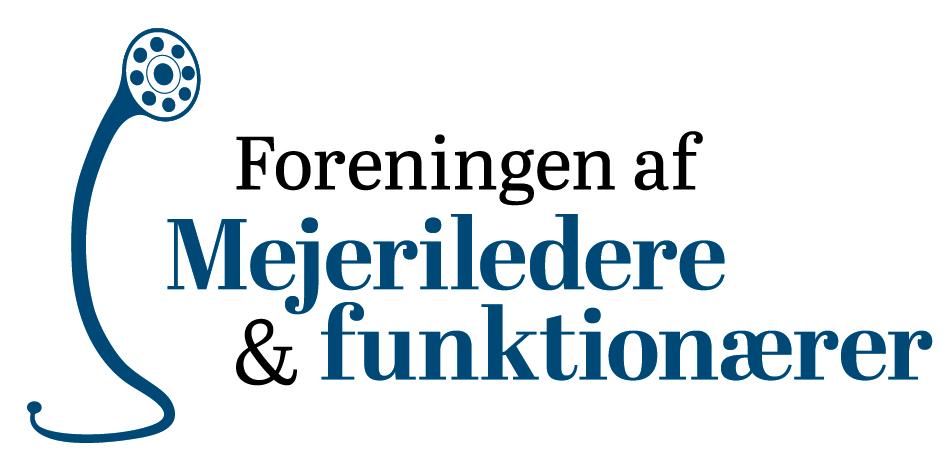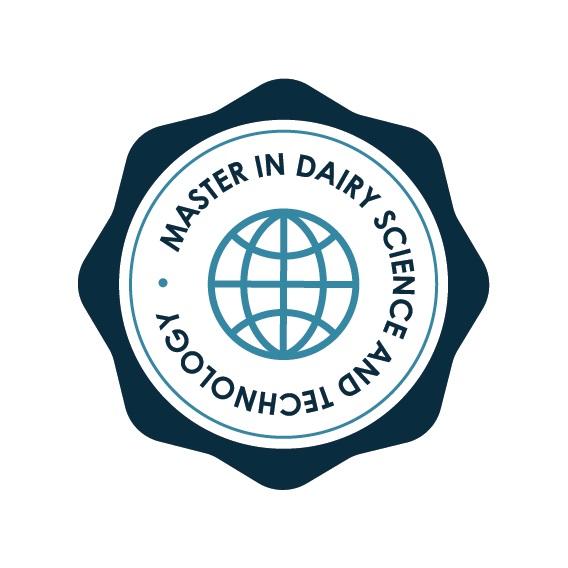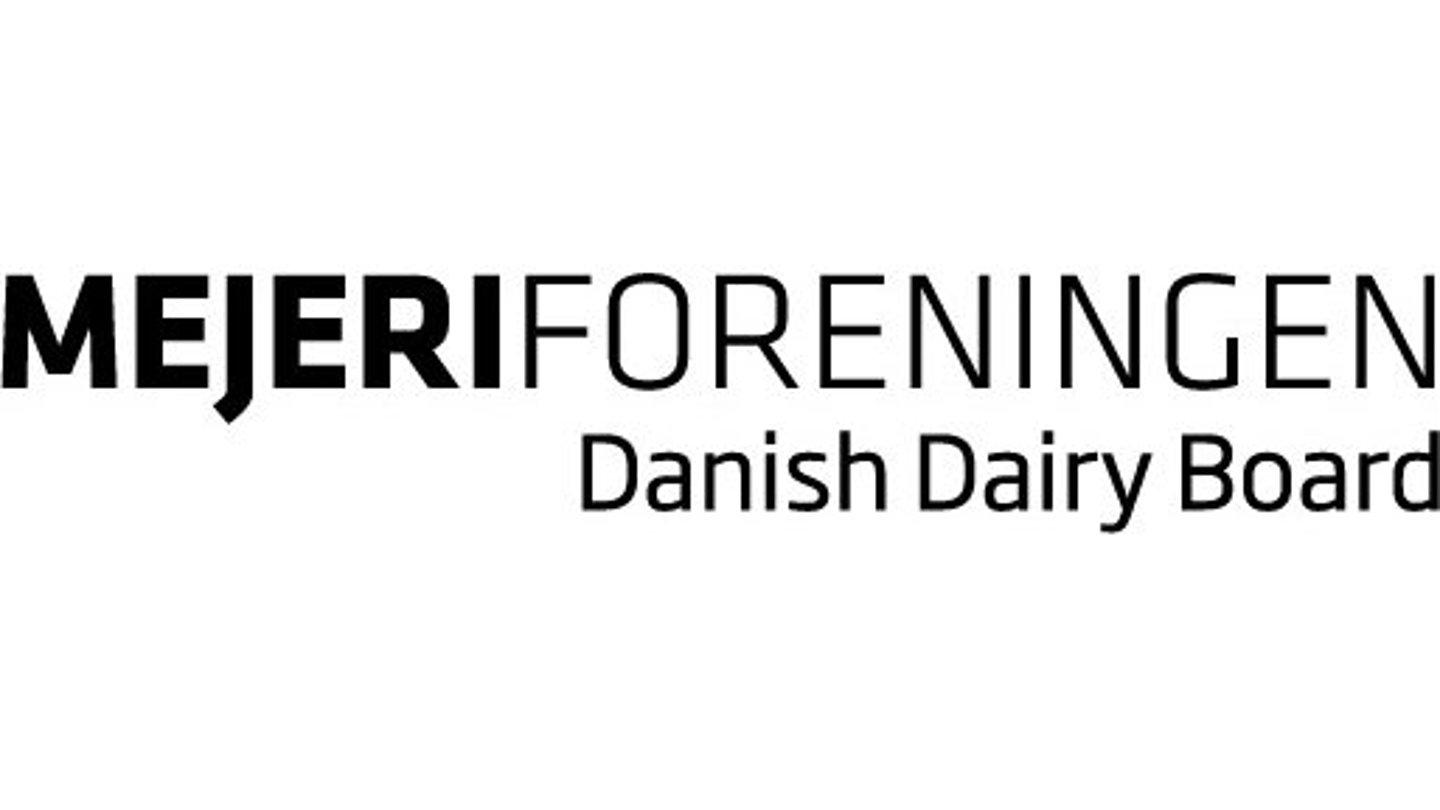Date: 21 May 2025
Time: 14:00 - 16:30
Presentations
14:00-14:30
Henrik Roager, Associate Professor, University of Copenhagen, Denmark
14:30-15:00
Johanne Torfadottir, Project Manager for nutrition, Assistant Professor, Directorate of Health / University of Iceland
15:30-16:00
Marie-Caroline Michalski, Research Director, INRAE, Lyon, France
16:00-16:30
Esben Søndergaard, Associate Professor, Steno Diabetes Center Aaarhus, Denmark
Abstracts

A gut perspective on probiotics, prebiotics, and postbiotics
Probiotics, prebiotics, synbiotics, and also the newest member in class, postbiotics, are all concepts centred on the ideas that by providing live microbes, substrates for commensal gut microbes, or death microbes including bioactive compounds, health and well-being can be promoted. While most of theseconcepts have been around for a long time, it remains a challenge to demonstrate health effects in human subjects. First, one must realize that the resident gut microbiota is a complex and dynamic ecosystem, which in healthy adults israther stable and resilient to perturbations, making it hard to modulate the community structure. Secondly, the gut microbiota varies from person to person and also the gut physiology and environment vary among individuals, raising the possibility that biotic-induced effects may be person-specific. Moving forward, a shift from focusing on modulating the composition of microbes to a focus on changing microbial metabolism or host metabolismin the gut could potentially pave the way for more successful human intervention trials demonstrating cause and effect relationship.Unfortunately, we do not have permission to share this presentation
Henrik Roager, Associate Professor, University of Copenhagen, Denmark
Associate Prof. Henrik Munch Roager leads the Nutrition, Microbiome and Metabolomics group at Department of Nutrition, Exercise and Sports at the University of Copenhagen. His group studies the impact of diets and foods on digestion, gut microbiome and metabolism, develops biomarkers, and accelerates precision nutrition strategies, thereby advancing nutrition for improvement of health and wellbeing. Methodologies include controlled dietary intervention and cohort studies in both adults and infants, multi-omics analyses including microbiome and metabolomics, and advanced data integration. Based on the real-world observations in the human studies, hypotheses are generated and further validated and elucidated using in vitro and in vivo models.

Calcium consumption from dairy and supplements and various health outcomes
This presentation will focus on a newly published scoping review on calcium intake and various health outcomes for the Nordic Nutritional recommendations published in 2023. This scoping review examined evidence on calcium (Ca) intake and health outcomes to update dietary reference values and guidelines. Reviewing 27 studies published between 2011-2021, the research investigated associations between dietary and supplemental calcium with bone health, pregnancy outcomes, cardiovascular diseases, cancers, obesity, and mortality. Key findings reveal positive associations with bone mineral density, potential benefits for pregnancy and hypertension, varied cancer relationships, and overall neutral to beneficial health impacts. Nordic countries' calcium intake aligns with previous recommendations from 2012. The review provides insights for developing comprehensive nutritional guidelines.
Johanne Torfadottir, Project Manager for nutrition, Assistant Professor, Directorate of Health / University of Iceland

Milk polar lipids: Towards joint effects on lipid metabolism, intestinal health and gut microbiota
Recent literature highlights that dairy products can be associated with neutral to beneficial cardiometabolic effects despite their saturated fat content. Beyond fatty acid profile, milk fat globules are a source of polar lipids as major components of the milk fat globule membrane (MFGM), with a specific composition including about 25% of sphingomyelin. We will review recent advances on the possible benefits of milk polar lipids on different aspects of cardiometabolic health, including favourable effects on lipid digestion and absorption, reduction of lipid markers of cardiovascular risk and potential benefits on metabolic inflammation via modulations of the gut microbiota and gut barrier. The body of evidence in several in vivo studies and a few recent human studies is altogether consistent with significant impacts of the milk polar lipids and/or the whole MFGM, and open perspectives on the metabolic importance of dairy sphingolipids. Altogether, this paves the way for the wider use of specific milk polar lipid-rich dairy products such as buttermilk, and for better taking into account milk fat globules and polar lipids as an important componant of the « dairy matrix effect » in human nutrition. Regrettably, we do not have the necessary permissions to distribute this presentation at this time, as we are currently awaiting an alternative edition
Marie-Caroline Michalski, Research Director, INRAE, Lyon, France

Effects of intact and disrupted milk fat globule membrane on postprandial metabolic response
Dietary guidelines recommend low-fat dairy products to reduce saturated fat intake. However, observational studies indicate that full-fat dairy, particularly yogurt and yellow cheese, is associated with a lower risk of type 2 diabetes, obesity, and cardiovascular disease. This apparentparadox may be attributed to differences in the food matrix, specifically the milk fat globule membrane (MFGM).In milk, triglycerides are encapsulated within the tri-layer structure of the MFGM, which may favourably affect postprandial lipid metabolism. The study that will be presented aimed to investigate how the MFGM content and structural integrity affect the postprandial lipid profile and metabolic responses to high-fat meals. The randomized, double-blinded, controlled, crossover trial included 12 healthy individuals. Participants were studied in a whole-room calorimeter on three separate occasions, following the consumption of high-fat meals composed of milk fat with intact MFGM, destroyed MFGM, or no MFGM. The presented findings will be discussed in the context of current dietary recommendations, emphasizing the potential health implications of food processing and its impact on the nutritional quality of dairy products.
Esben Søndergaard, Associate Professor, Steno Diabetes Center Aaarhus, Denmark
Specialist in substrate metabolism related to diabetes and obesity, focusing on human studies of lipid and glucose metabolism and the consequences of diabetes and insulin resistance. Current research involves examining the signalling effects of lactate in the gut, the impact of dairy fat, and the metabolic outcomes of enhancing ketogenesis through lifestyle interventions. Additionally, ongoing studies explore galactose metabolism and the potential of lactose and galactose as alternative carbohydrate sources in diabetes management and during exercise to stabilize glucose levels.













































 Munkehatten 28
Munkehatten 28